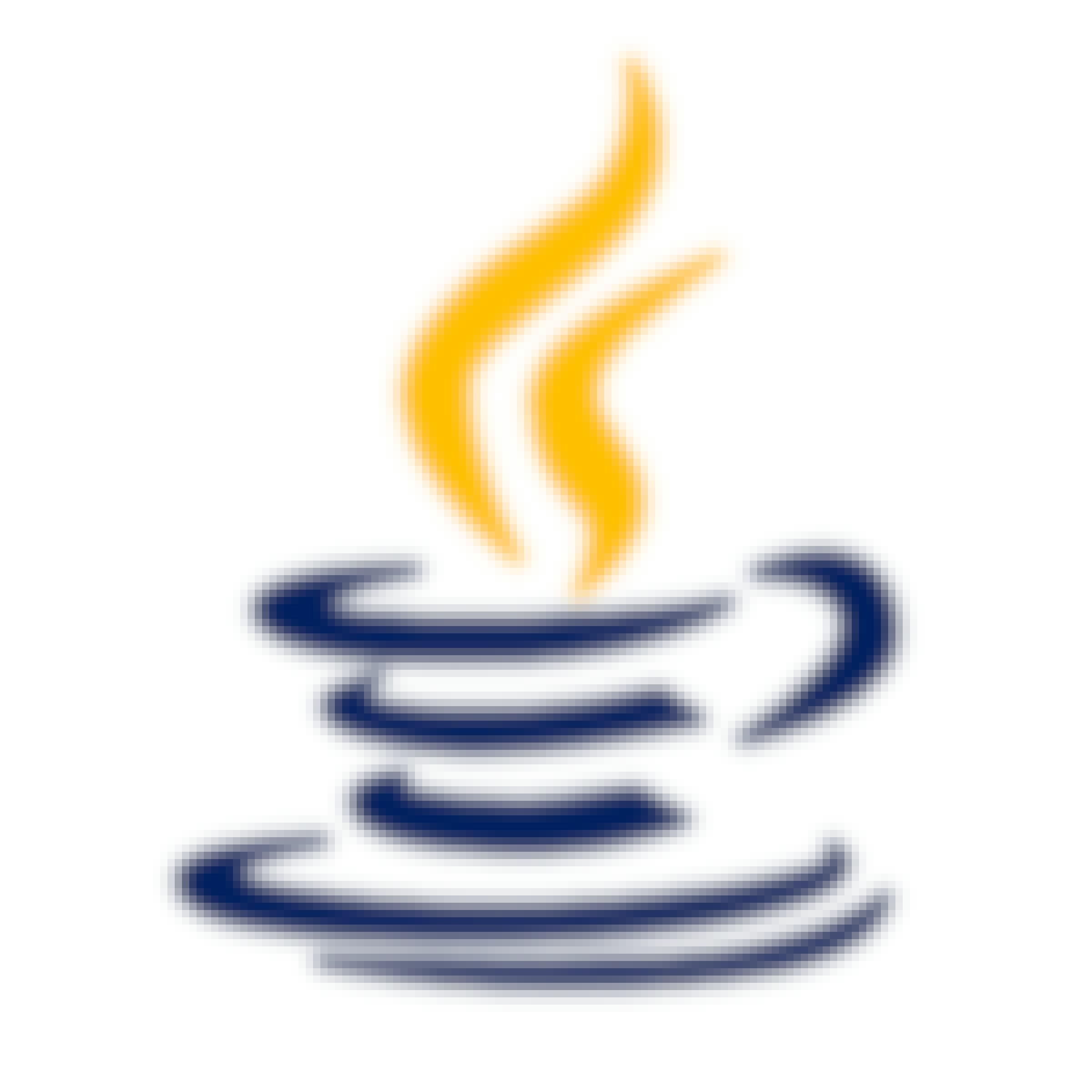Filter by
SubjectRequired
LanguageRequired
The language used throughout the course, in both instruction and assessments.
Learning ProductRequired
LevelRequired
DurationRequired
SkillsRequired
SubtitlesRequired
EducatorRequired
Explore the DOM Course Catalog

Skills you'll gain: Hypertext Markup Language (HTML), HTML and CSS, Web Development, Web Development Tools, Cascading Style Sheets (CSS), Front-End Web Development, Web Design, Javascript, Interactive Design, Web Applications, Full-Stack Web Development, Back-End Web Development

University of California, Davis
Skills you'll gain: Version Control, Hypertext Markup Language (HTML), GitHub, Git (Version Control System), HTML and CSS, Cascading Style Sheets (CSS), Web Design and Development, Web Development, Web Design, Web Content, Front-End Web Development, Web Servers, Image Analysis, Semantic Web, Cloud Hosting, Browser Compatibility

Skills you'll gain: Object Oriented Programming (OOP), Computer Programming, Programming Principles, Python Programming, File Management

Skills you'll gain: Usability Testing, Version Control, Responsive Web Design, Bootstrap (Front-End Framework), Jest (JavaScript Testing Framework), GitHub, React.js, Persona (User Experience), Git (Version Control System), HTML and CSS, User Interface and User Experience (UI/UX) Design, User Experience Design, Prototyping, Web Design, Unit Testing, Front-End Web Development, Pseudocode, Data Structures, Mobile Development, Web Development Tools

University at Buffalo
Skills you'll gain: Digital Transformation, Data Sharing, Manufacturing Operations, Business Transformation, Workflow Management, Product Lifecycle Management, Data Storage, Process Management, Information Management, Goal Setting, Data Management

University of London
Skills you'll gain: C++ (Programming Language), Object Oriented Programming (OOP), Computer Programming, Programming Principles, Program Development, User Interface (UI), Command-Line Interface, Integrated Development Environments, Debugging
 Status: Free
Status: FreeIllinois Tech
Skills you'll gain: Javascript and jQuery, Responsive Web Design, Web Development, Version Control, Web Design, HTML and CSS, Web Applications, JavaScript Frameworks, Web Development Tools, Infrastructure Architecture, Browser Compatibility, Application Programming Interface (API), Animations

LearnQuest
Skills you'll gain: Java Programming, Java, Object Oriented Programming (OOP), Object Oriented Design, Software Design

University of London
Skills you'll gain: User Accounts, MongoDB, Full-Stack Web Development, Command-Line Interface, Web Applications, Web Development, Javascript, Data Access, Data Validation, Application Frameworks

Skills you'll gain: Object Oriented Programming (OOP), C++ (Programming Language), Data Validation, Object Oriented Design, Computer Programming, Programming Principles

University at Buffalo
Skills you'll gain: Manufacturing Operations, Product Design, Manufacturing and Production, Digital Transformation, Industrial Engineering, Computer-Aided Design, Technology Roadmaps, Process Analysis, Enterprise Resource Planning, Technology Strategies, Information Technology, Business Technologies, Cloud Computing

Skills you'll gain: C++ (Programming Language), Object Oriented Programming (OOP), Programming Principles, Computer Programming, Software Documentation, Maintainability
In summary, here are 10 of our most popular dom courses
- Introduction to Web Development with HTML, CSS, JavaScript: IBM
- Introduction to Web Development: University of California, Davis
- Object-Oriented Python: Inheritance and Encapsulation: Codio
- مطوّر الواجهة الأمامية من Meta: Meta
- Digital Thread: Components: University at Buffalo
- Introduction to Object-Oriented Programming in C++: University of London
- Fundamentals of Web Development: Illinois Tech
- Object-Oriented Hierarchies in Java: LearnQuest
- Web Application Development with JavaScript and MongoDB: University of London
- Object-Oriented C++: Inheritance and Encapsulation: Codio










